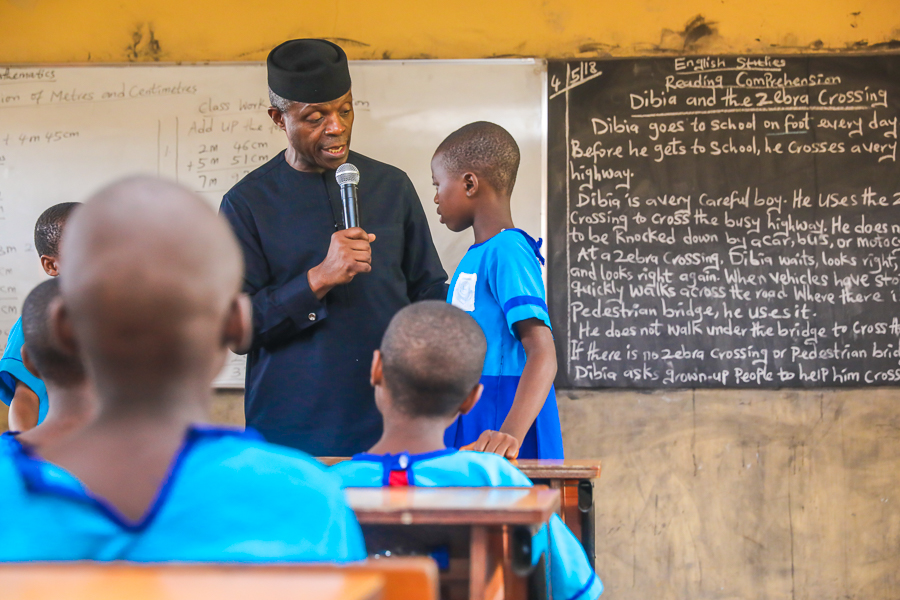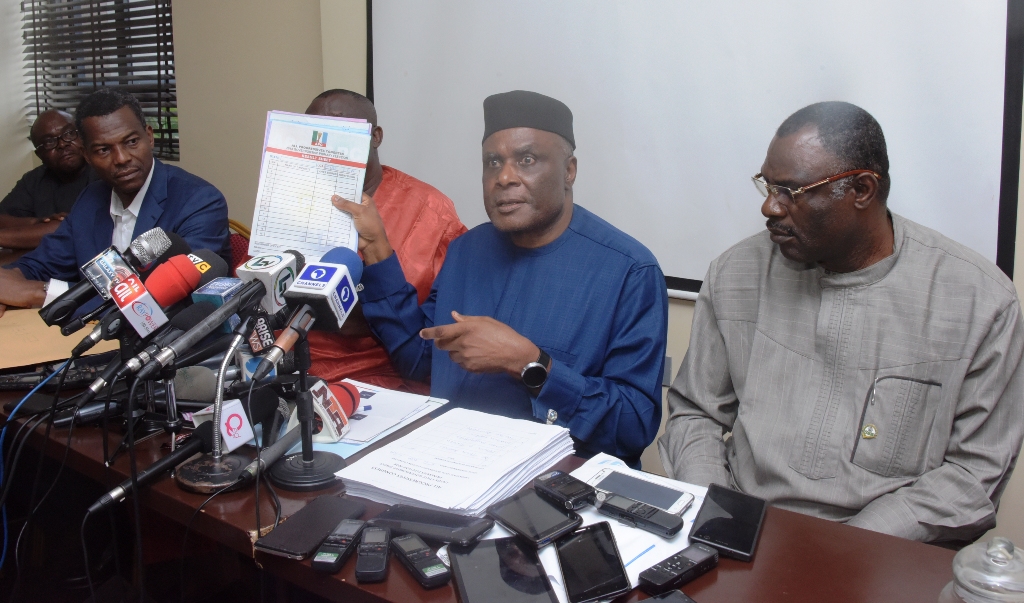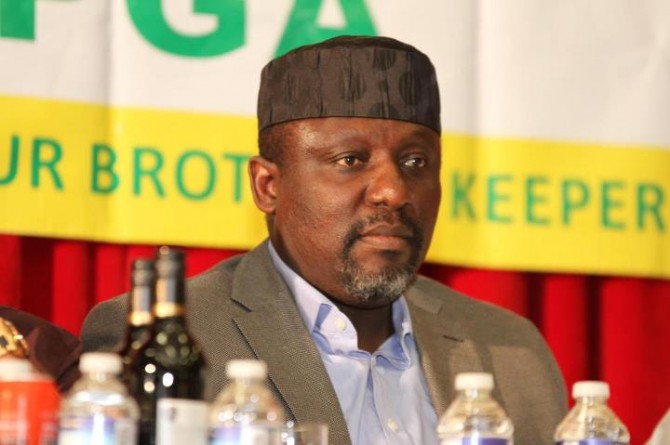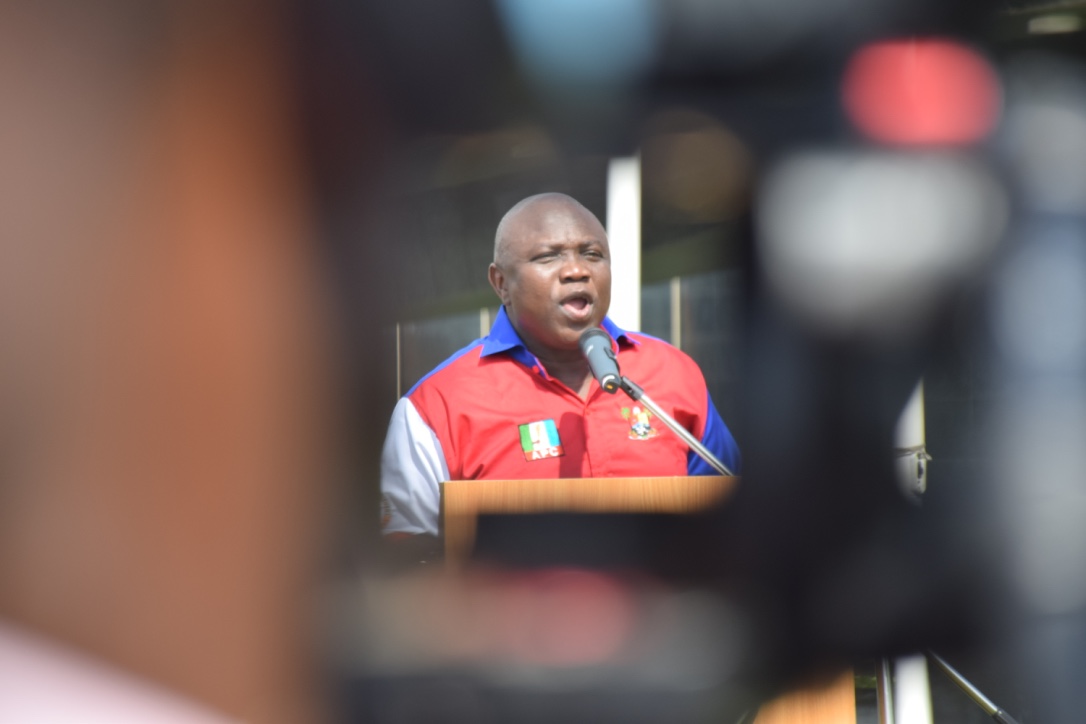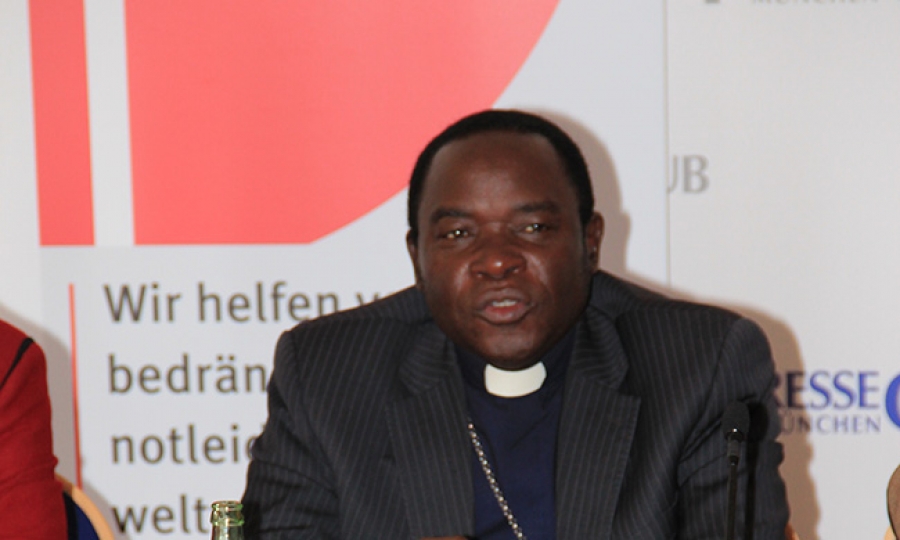Inequality is a perennial challenge in many parts of the world with the disparity between the haves and have not growing wider despite global efforts to bridge the gap during this century. In Nigeria and other emerging economies where governance remains relatively weak, human insecurity has continued to threaten the political stability of these nations. We may never create an equal and just society but we can attempt to ensure there is equitable distribution of resources particularly for vulnerable groups such as women, youth, children and persons living with disabilities.
The Nigerian government and other key stakeholders need to create an enabling environment for human security in order to reduce the likelihood of violent conflict in the country. The bedrock of economic development in a nation is the education sector- the tendency to depend on natural resources as the panacea to a nation’s growth has only led to the prevalence of the Dutch disease and widespread deprivation across the Federation.
The Asian Tigers (countries) have made great advancements, and turned their nations into technological hubs, producing goods and services for local consumption and exports. They identified their challenges, formulated the right policies, made huge financial investments and supervised religiously. More of their people have been lifted out of poverty.
Take a look at Nigeria’s 6-3-3-4 secondary education system that was first introduced in the Unity Schools in 1982. The system was introduced to enrich the learning experience of students through technical/vocational education. The first delivery of equipment and materials to Unity Schools was in 1987, five (5) years after the official take-off of the program. Containers of equipment were left to rot in their metal coffins. The program also lacked skilled staff for its implementation, and has largely been a failure.
Advertisement
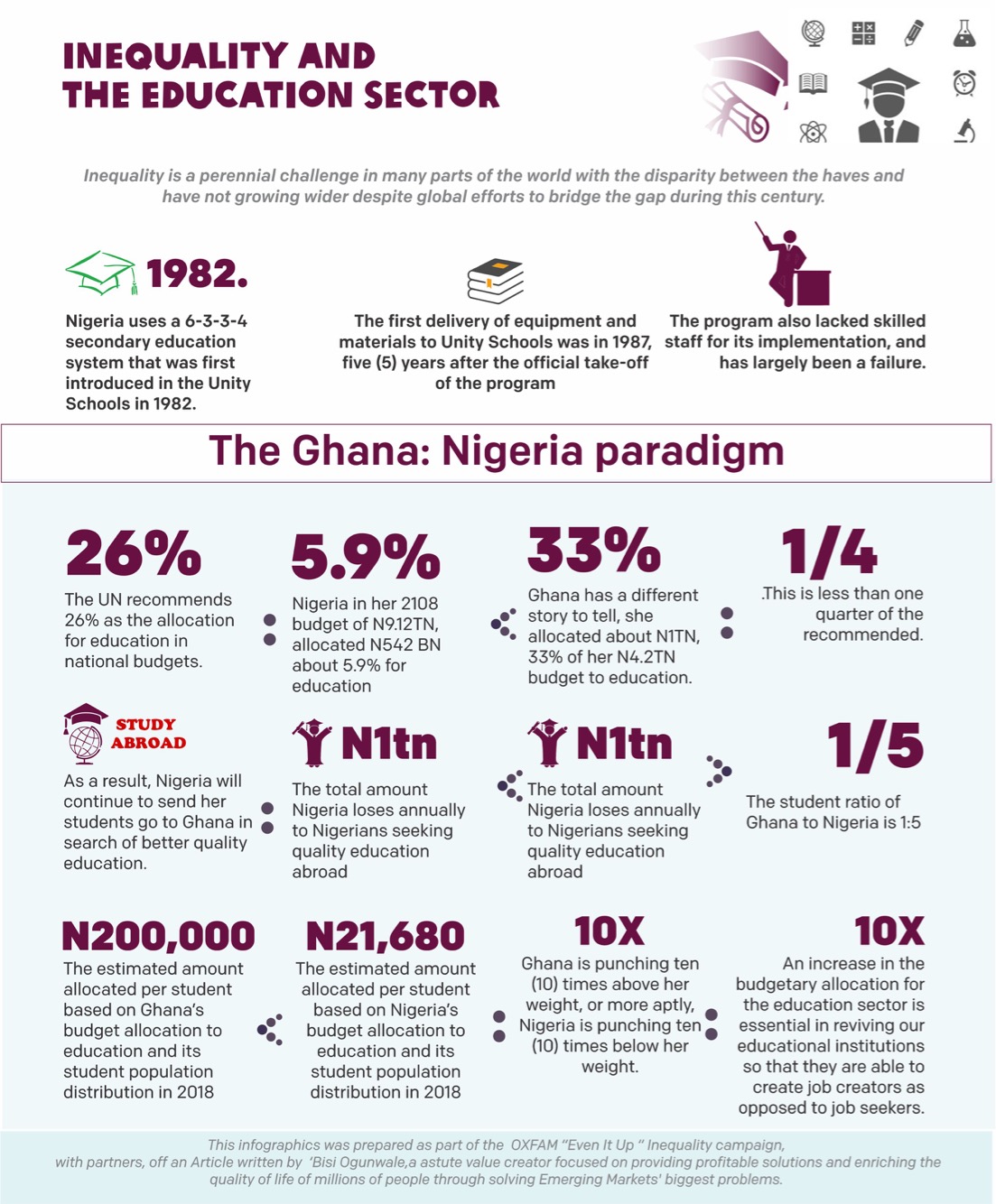
The UN recommends 26% as the allocation for education in national budgets. Nigeria in her 2108 budget of N9.12TN, allocated N542 BN about 5.9% for education (N439.26 BN for recurrent expenditure, and N102.91 BN for capital expenditure). This is less than one quarter of the recommended.
Ghana has a different story to tell, she allocated about N1TN, 33% of her N4.2TN budget to education. This investment in education puts her education sector and her fight against inequality in better stead than Nigeria’s. As a result, Nigeria will continue to her students go to Ghana in search of better quality education. This exodus is currently costing Nigeria N1TN annually according to Prof. Charles Ayo, a former vice chancellor of covenant university, Ota, Ogun state.
Advertisement
Ghana has a population of approximately 29 million, one-sixth of Nigeria’s estimated 180 million. How does Nigeria with six (6) times Ghana’s population allocate two-fifth of Ghana’s education budget to her education sector, considering that her student ratio to Ghana might be 5:1? Nigeria’s youth population under 30 years of age is estimated to be 60% of her total population, about 108 million persons. If we take a quarter of this figure as active students, that’s approximately 25 million persons. When we divide the N542BN allocation between these students, each gets N21,680 for 2018. While Ghana with their N1TN allocation for 5 million students, considering the same parameters we used for Nigeria, each Ghanaian student was allocated over N200,000 per year.
By these figures, Ghana is punching ten (10) times above her weight, or more aptly, Nigeria is punching ten (10) times below her weight. With Ghana’s better service delivery track record in recent times, her education investment will probably exceed Nigeria’s more than tenfold. This $71.08USD investment per student by Nigeria would hardly secure an effective education. The picture painted of the future of the Nigerian child, and the fight against inequality is very bleak. Nigeria’s political class and education administrators should be held responsible for the abysmal state of the nation’s education sector.
An increase in the budgetary allocation for the education sector is essential in reviving our educational institutions so that they are able to create job creators as opposed to job seekers. However, it is not sufficient if there is lack of political will to implement the necessary recommendations to lift the sector out of its current quagmire.
Building a generation of critical thinkers, innovators and inventors is crucial to the economic development and long-termstability of the country. Good education should not remain the preserve of the wealthy who can afford to send their children to the best private schools locally and internationally- it should be structured and provided as a public good essential to effective nation building processes. Citizens need to hold leaders to account for service delivery – with the forthcoming elections, candidates need to present a blueprint for the development of an education sector designed to create problem solvers and not merely problem analyzers.
Advertisement
A Harvard-trained leader and organizer with 15 years’ experience as a journalist and development communications specialist who has consulted for international and regional organizations in East and West Africa. Her specific interests are in security, conflict and international development. Presently she is the Program Manager at Stakeholder Democracy Network (SDN), an international non-profit organization that focuses on democratization, resource governance, energy justice, environmental rights and building resilient communities within the Niger Delta.
Views expressed by contributors are strictly personal and not of TheCable.
Add a comment

